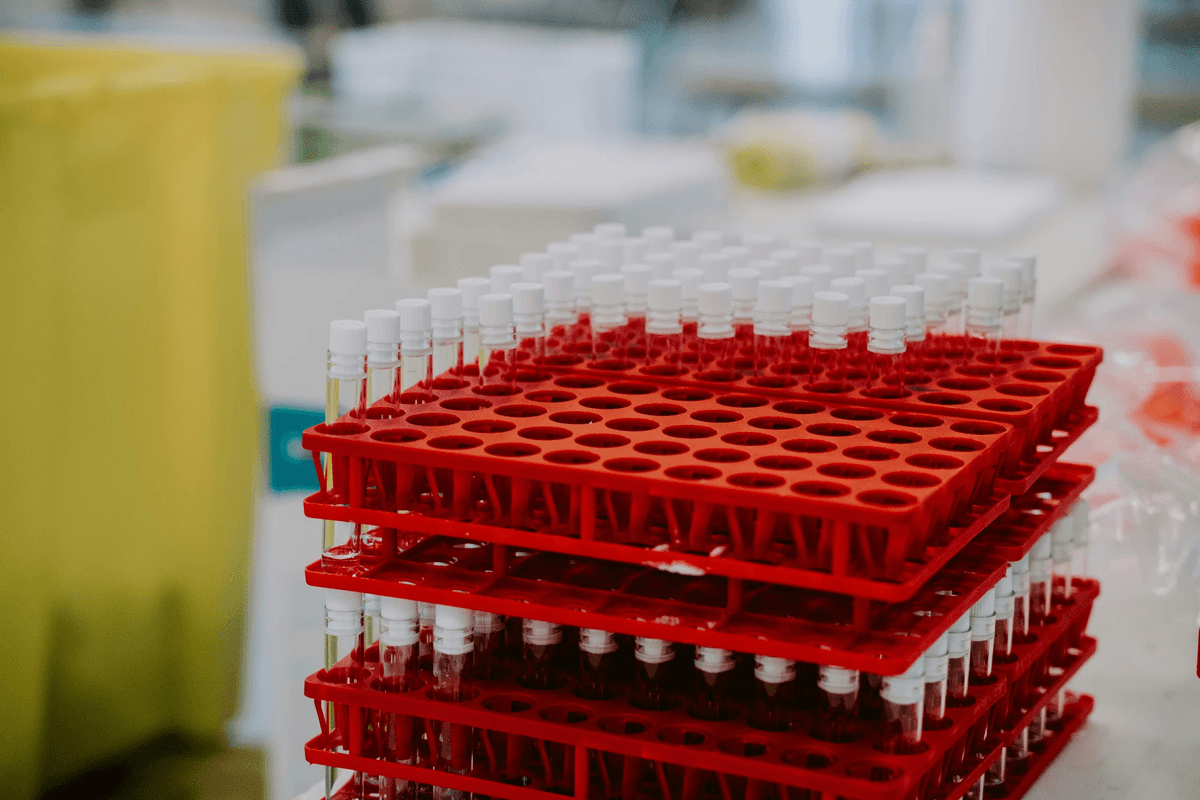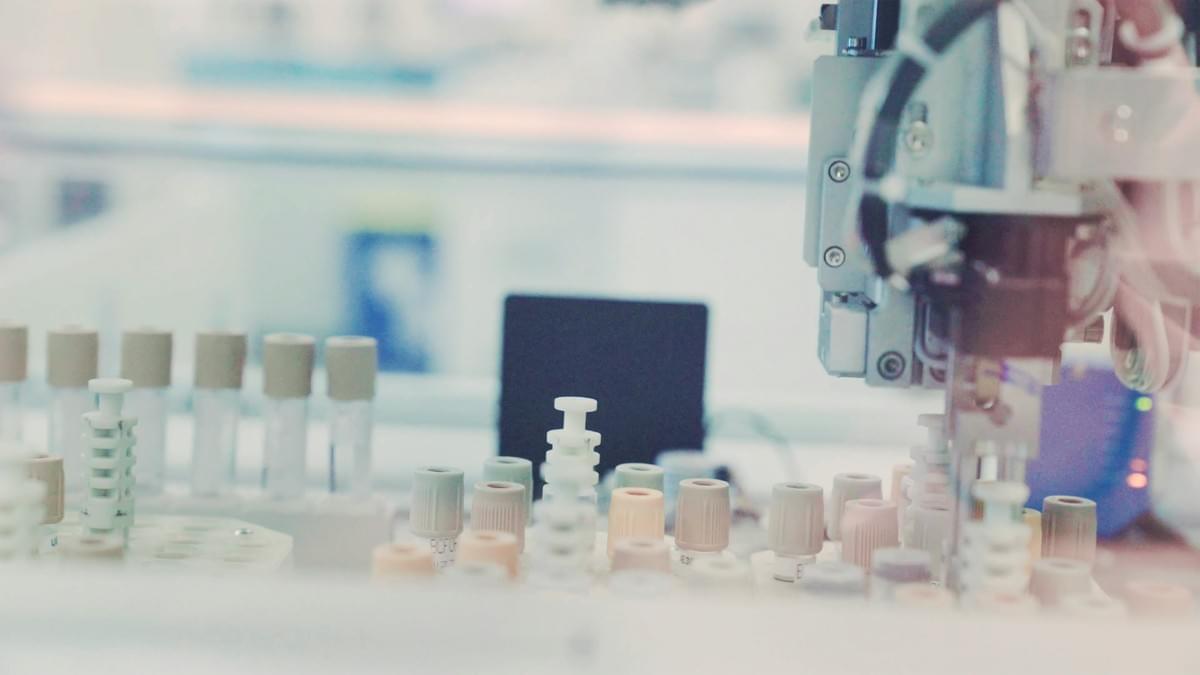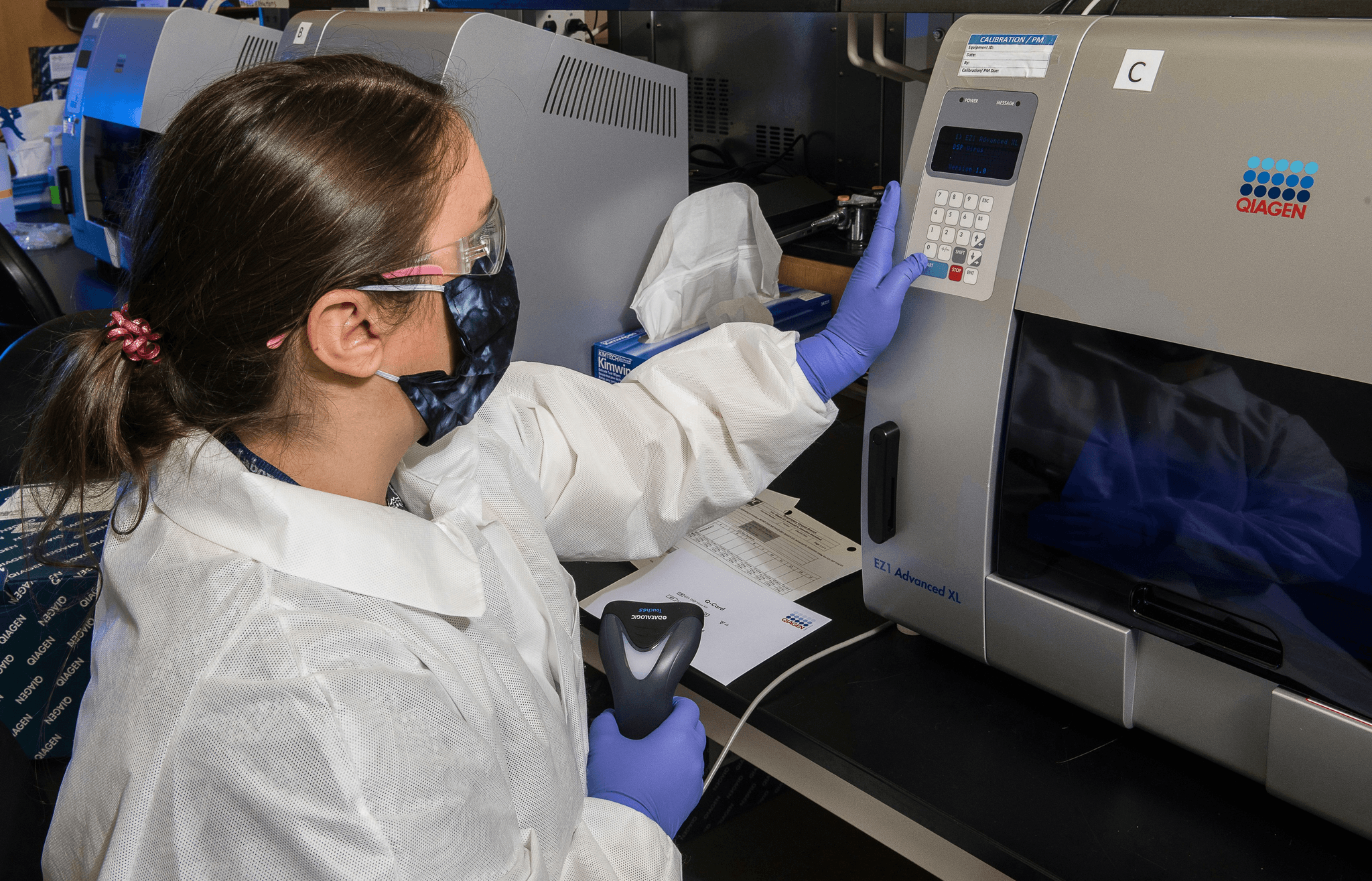Introduction

In today's consumer-driven market, ensuring product safety is paramount, and the LFGB Test serves as a crucial benchmark in this regard. The LFGB Test not only assesses the safety of various materials but also establishes trust between manufacturers and consumers. Understanding the intricacies of the LFGB Test and Certification Process is essential for businesses aiming to thrive in competitive markets.
Understanding the LFGB Test
The LFGB Test, rooted in German food safety regulations, evaluates materials used in food contact applications to ensure they meet stringent health standards. This test encompasses a variety of materials, including general plastic products, which are ubiquitous in kitchens and dining environments. By conducting thorough assessments through the LFGB Test, manufacturers can identify potential hazards associated with their products before they reach consumers.
Why LFGB Certification Matters
LFGB certification is more than just a stamp of approval; it's a gateway to enhanced marketability and consumer confidence. Products that pass the LFGB Test often enjoy increased sales potential as consumers are more likely to choose items that guarantee compliance with safety standards. Moreover, possessing an LFGB certification can differentiate a brand in a crowded marketplace, making it synonymous with quality and reliability.
Key Players in the LFGB Certification
The LFGB certification process involves several key players who ensure that products meet necessary safety requirements. Manufacturers must collaborate closely with testing laboratories that conduct the LFGB Test on their products while also engaging regulatory bodies that oversee compliance standards. Additionally, organizations like China Inspection Pro play an instrumental role by guiding companies through the complexities of the LFGB Test and Certification Process to avoid common pitfalls related to general plastic products and other materials.
Overview of the LFGB Test

The LFGB Test is a crucial element in ensuring that consumer products, especially those intended for food contact, meet stringent safety standards. Originating from Germany's Food and Feed Law (Lebensmittel- und Futtermittelgesetzbuch), it serves as a benchmark for evaluating the safety and suitability of various materials used in everyday products. By adhering to the LFGB Test and Certification Process, manufacturers can assure consumers that their products are not only compliant but also safe for use.
What is the LFGB Test?
The LFGB Test assesses materials to determine their safety when in contact with food or beverages. It involves rigorous testing methods that examine factors such as migration limits of harmful substances and overall material integrity. The goal is to ensure that common materials—particularly general plastic products—don’t leach hazardous chemicals into food items, thereby protecting consumer health.
Importance of LFGB in Product Safety
LFGB certification plays a pivotal role in product safety by establishing a clear framework for compliance with health regulations. This ensures that manufacturers are held accountable for the quality of their products, ultimately leading to safer consumer choices. The relevance of the LFGB Test cannot be overstated; it acts as a safeguard against substandard materials that could pose risks to public health.
How LFGB Test Relates to Consumer Trust
Consumer trust hinges on transparency and reliability, both of which are reinforced by successful completion of the LFGB Test and Certification Process. When consumers see an LFGB mark on packaging, they are more likely to believe that the product has undergone rigorous testing and meets high safety standards. This trust translates into brand loyalty; companies committed to complying with LFGB requirements often find themselves enjoying stronger market positions due to heightened consumer confidence.
LFGB Test and Certification Process

Navigating the LFGB Test and Certification Process can seem daunting, but breaking it down into manageable steps makes it easier. Understanding what’s involved helps manufacturers prepare effectively, ensuring compliance with the LFGB Test requirements for common materials. This section will guide you through the certification journey, highlight key players like China Inspection Pro, and identify common pitfalls to avoid.
Steps to Certification
The journey begins with a thorough understanding of the LFGB Test requirements for common materials that your products may contain. First, manufacturers need to select their products for testing and gather all necessary documentation regarding material composition and intended use. Next, samples are submitted to an accredited laboratory where they undergo rigorous testing to ensure compliance with safety standards set forth by the LFGB.
Once testing is complete, results are compiled into a report detailing whether or not the product meets LFGB standards. If successful, manufacturers receive certification that can be used in marketing efforts and sales pitches. However, if a product fails any part of the LFGB Test, adjustments must be made before resubmission—a process that can be time-consuming but is essential for ensuring product safety.
Role of China Inspection Pro
China Inspection Pro plays a pivotal role in streamlining the LFGB Test and Certification Process for both local and international manufacturers. With expertise in navigating regulatory landscapes, they assist companies in preparing their products for testing by providing guidance on material selection and compliance standards specific to general plastic products among others. Their experience ensures that businesses avoid unnecessary delays or complications during certification.
Moreover, China Inspection Pro serves as a liaison between manufacturers and testing laboratories, facilitating communication throughout the process. They help interpret test results clearly so businesses understand any necessary adjustments needed before re-testing or certification issuance occurs. By partnering with such organizations, companies can significantly enhance their chances of passing the LFGB Test on their first attempt.
Common Pitfalls in the Certification Process
Despite careful preparation, many companies encounter pitfalls during the LFGB Test and Certification Process that could hinder their progress toward compliance. One common issue arises from inadequate documentation; failing to provide comprehensive information about materials used often leads to delays or outright failures in testing results related to general plastic products or other materials under scrutiny.
Another frequent mistake is underestimating timeframes; rushing through preparation can result in overlooking critical aspects of compliance required by the LFGB standards—this is especially true when dealing with complex materials requiring extensive analysis under specific conditions outlined by regulations governing safety tests like these. Lastly, neglecting ongoing communication with testing labs can lead to misunderstandings about expectations or misinterpretations of test outcomes.
By being aware of these potential pitfalls within the LFGB Test process—and taking proactive steps such as engaging professionals like China Inspection Pro—manufacturers can navigate challenges more effectively while ensuring their products meet all necessary requirements for market entry.
Common Materials for LFGB Test

Types of Materials Tested
The LFGB Test assesses various categories of materials, ranging from metals to plastics and ceramics. Each type is scrutinized for compliance with stringent safety regulations to ensure consumer safety. Among these, general plastic products are frequently tested due to their widespread use in everyday items like kitchenware and food containers.
Suitability of General Plastic Products
General plastic products are often at the forefront when discussing the LFGB Test because they are ubiquitous in consumer goods. These products must meet specific criteria to be deemed suitable for food contact, which is a significant aspect of the LFGB Test and Certification Process. Ensuring that these plastics comply with regulations not only protects consumers but also helps manufacturers avoid costly recalls and reputational damage.
Importance of Material Compliance
Non-compliance can lead to serious consequences, including fines or bans on selling non-compliant products within Europe. Therefore, manufacturers need to prioritize adherence to these standards as part of their quality assurance processes; doing so not only safeguards public health but also enhances market competitiveness.
LFGB Test Requirements for Common Materials

Navigating the labyrinth of LFGB Test requirements can seem daunting, but understanding the regulatory standards is crucial for manufacturers and consumers alike. The LFGB Test aims to ensure that materials used in food contact products are safe, non-toxic, and compliant with European Union regulations. This section delves into the specific standards and tests involved in the LFGB Test and Certification Process.
Regulatory Standards Explained
The regulatory landscape surrounding the LFGB Test is intricate yet essential for maintaining product safety. At its core, these standards dictate what substances are permissible in materials that come into contact with food, ensuring they do not leach harmful chemicals. Compliance with these regulations not only safeguards consumer health but also enhances market credibility for manufacturers of general plastic products.
Moreover, these standards are regularly updated to reflect new scientific findings and technological advancements. For instance, recent amendments have tightened restrictions on certain additives commonly found in plastics, underscoring the importance of staying informed about changes in LFGB Test requirements. Adhering to these evolving regulatory frameworks can significantly influence a brand's reputation and consumer trust.
Specific Tests for Various Materials
Different materials undergo distinct tests during the LFGB certification process to ensure they meet safety requirements effectively. For example, plastics may be subjected to migration tests that assess whether harmful substances leach into food or beverages over time. Similarly, metal products often require corrosion resistance testing to verify their durability when exposed to various environmental conditions.
General plastic products frequently face scrutiny due to their widespread use; thus, comprehensive testing is paramount. These specific tests not only evaluate chemical composition but also examine physical properties such as tensile strength and thermal stability under various conditions. By adhering to rigorous testing protocols tailored for each material type, manufacturers can confidently assure consumers of their product's safety.
Consequences of Non-Compliance
The consequences of failing to meet LFGB Test requirements can be severe—ranging from legal penalties to damage control efforts that can cost companies significantly more than compliance would have required upfront. Non-compliance may lead to product recalls or bans within EU markets—an expensive endeavor that could tarnish a brand's reputation irreparably. Furthermore, companies might face lawsuits from consumers who feel misled about product safety.
In addition to financial repercussions, non-compliance undermines consumer trust—a currency that's hard-won but easily lost in today’s market landscape filled with discerning buyers seeking safe options among general plastic products and other materials. Thus, understanding and adhering strictly to LFGB Test Requirements For Common Materials isn't just good practice; it's essential for sustainable business growth in an increasingly competitive environment.
Benefits of LFGB Certification

Companies that embrace the LFGB Test and Certification Process not only ensure compliance with safety regulations but also gain a competitive edge in their respective markets. The benefits extend beyond mere compliance; they encompass market competitiveness, brand reputation, and international trade facilitation.
Boosting Market Competitiveness
In today’s fast-paced consumer landscape, standing out is crucial, and LFGB certification can be a game-changer. By passing the stringent LFGB Test, companies signal to consumers that their products meet high safety standards, which can significantly enhance market competitiveness. This assurance often translates into increased sales and customer loyalty as shoppers gravitate toward brands they trust—especially when it comes to general plastic products.
Moreover, businesses that achieve LFGB certification can leverage this credential in their marketing strategies. Being able to showcase compliance with the LFGB Test means you’re not just playing by the rules; you’re excelling at them! This distinction allows companies to position themselves as leaders in product safety and quality within their industry.
Enhancing Brand Reputation
Brand reputation is everything in today’s consumer-driven marketplace, and achieving LFGB certification is one of the best ways to bolster it. Consumers are increasingly aware of product safety issues; thus, having an LFGB-certified label on your general plastic products speaks volumes about your commitment to quality and safety. It builds trust with customers who are more likely to choose brands that prioritize their well-being through rigorous testing processes like the LFGB Test.
Additionally, a strong brand reputation leads to positive word-of-mouth marketing—a priceless asset for any business. When customers feel confident about your products due to successful compliance with the LFGB Test Requirements for Common Materials, they are more likely to recommend your brand within their social circles. In a world where reviews can make or break a business, enhancing your brand's image through certification offers substantial long-term benefits.
Facilitating International Trade
Navigating international markets can be daunting due to varying regulations across countries; however, having an LFGB certification simplifies this process significantly. The rigorous nature of the LFGB Test ensures that products not only comply with German standards but often exceed those found elsewhere globally—making them suitable for export markets eager for safe and reliable goods. Companies equipped with this certification find it easier to enter new markets where product safety is paramount.
Furthermore, many countries recognize or align their own testing requirements with those established by the LFGB Test Requirements for Common Materials—streamlining approvals for imports and exports alike. This recognition reduces time spent on navigating complex regulatory landscapes while increasing operational efficiency in international trade endeavors involving general plastic products or other materials covered by these standards. Ultimately, facilitating international trade becomes less about overcoming hurdles and more about seizing opportunities.
Conclusion
In summary, the LFGB Test plays a pivotal role in ensuring product safety and compliance within the market. By adhering to LFGB Test and Certification Process guidelines, businesses can not only protect consumers but also enhance their own credibility. Ultimately, this certification serves as a hallmark of quality that resonates with consumers and regulators alike.
Ensuring Safety Through LFGB Testing
The LFGB Test is essential for verifying that products meet stringent safety standards, particularly for general plastic products that are widely used in households. This testing process evaluates materials to ensure they are free from harmful substances and safe for daily use. By prioritizing the LFGB Test, manufacturers demonstrate their commitment to consumer safety and regulatory compliance.
The Role of Certification in Business Growth
Obtaining LFGB certification can significantly boost business growth by enhancing market competitiveness. Brands that can showcase their adherence to the LFGB Test Requirements For Common Materials gain an edge over competitors who may not prioritize such certifications. This distinction fosters consumer trust and loyalty, ultimately leading to increased sales and brand reputation.
Future Trends in LFGB Testing and Compliance
As global regulations evolve, so too will the landscape of the LFGB Test and Certification Process. Companies must stay ahead of emerging trends that may affect common materials for the LFGB test, including advancements in sustainable materials or changes in regulatory requirements. Embracing these trends will be crucial for businesses aiming to maintain compliance while appealing to increasingly conscientious consumers.
